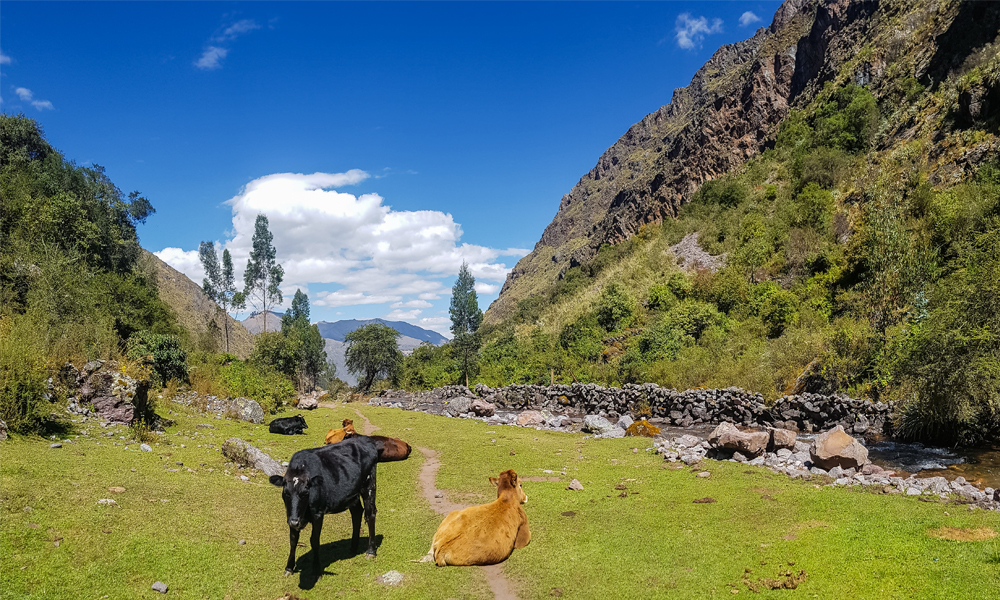What is your idea of ‘safety’?
~ Harassment
~ Unwanted attention/ constant pestering
~ Pickpocketing
~ Walking alone
~ Sexual assault
~ Amount of security presence
~ Street violence
How can we prevent this?
Firstly, it sounds simple but it’s common sense. No matter where you are, these extra precautions you take will contribute to safe travel.
Here are some safety tips to consider before and during your travels…

Pre-travel:
Check the country’s government website
This will give you up to date statuses on any political issues, natural disasters, local laws and customs and entry requirements.
Speaking of entry requirements, check whether you need to apply for a visa beforehand! Some countries require you to apply for a visa 6 months ahead of your travels.
Share your itinerary and flight details with friends/family
By doing so you will allow peace of mind to your loved ones and if something does go wrong, they will be able to find out where you’re staying and who to contact. If you already have daily activities or plans in mind, send them that too so they’re able to contact the tour company or have a rough idea of what you were doing that day. Check out our family/loved ones checklist and itinerary template. It’s worth also sending them your insurance details and policy number, so they have that to hand if something was to happen. Which leads on to our next point…
Get a good travel insurance that has cover for health, property and flight cancellations
Hopefully you’ll never have to use it, but travel insurance is there to protect you incase anything goes wrong. Medical expenses abroad can cost thousands of pounds and if you have insurance, this will cover the costs and you will just pay the excess. It also covers loss/theft of items and flight cancellations and delays so you can make a claim on that and get some money back. Check out our post on How Do I Choose my Travel Insurance
Research the culture before you go
Is there a certain way to dress? Is it a religious country where you need to dress extra modest? Some countries are more conservative than others, so you may find that in Buddhist countries for example, you’ll need to bring a shawl or long sleeve to cover your shoulders and knees as a woman.
Learn the common travel scams
Ok, don’t actually learn them, but educate yourself on the tricks people use. Anywhere in the world, there is always going to be someone looking for an opportunity to scam you for your money, whether it’s overcharging you for a service or simply just robbing you for your money in a ‘professional’ way. It’s important to do your research beforehand to check out the common travel scams so you can keep an eye out and don’t run into any nasty surprises. There are many YouTube videos where people are actually recording the scam in action!
Tell your bank where you’re visiting
Banks sometimes block your card if they see a foreign transaction, which will add cost, time and hassle for you trying to phone them to sort it out. If your card does get stolen and someone tries to use it, at least they will already be aware that you are out of the country and it will make the process easier to sort out.
Check the different transport options
How is the public transport? Are there specific taxis you can take?
Being streetwise and familiarise yourself with areas
What are the no-go zones and neighbourhoods you should avoid? You can check out the area before hand by going on street view on google maps and just walking around the roads of your hotel to get a sense of what the area can be like.
Check whether you need travel vaccinations
Do you need any travel vaccinations beforehand?
Keep your valuables at home
Try not to pack any valuables (or anything that holds sentimental value) unless it’s essential for travel. The last thing you’d want is to risk losing that precious stone bracelet that has been passed down in your family for years!
Always carry a portable charger
Invest in a portable charger! In this modern world, whether we like to admit it or not, we heavily rely our phones. This is so useful when you’re travelling as you can download offline maps, translators and more importantly, phone emergency numbers if ever needed. Make sure you have a portable charger on you at all times to avoid being left stranded with no direction on where you are!

During your travels:
Never leave your belongings unattended
This may seem like an obvious one but there have been countless times where we have been walking in a busy area and someone has put their bag down in order to free their hands to take a picture. Anyone could just run up and snatch it! Also carry your bag with your valuables in them. If you travel on a coach or train, keep these close to you at all times, and you can leave your main bag in the luggage compartment.
Withdrawing money from inside a bank
…rather than an ATM on the street (more on that below)
Hide your belongings
Don’t walk around with valuables on full display where they can easily be snatched.
Be careful with the information you share with others
Whether they are local or tourists, be very careful who you share your hotel or flight information with. Your hotel is where you’re meant to feel extra safe, you want to make sure you’re not just telling anybody this information.
Beware of food and water, especially water
One of the best parts of travelling is trying the local food, but sometimes it can get the best of us. If you have allergies, make sure you have some notes in the local language or have downloaded Google translate (which you can use offline) so you can clearly state your allergies or preferences. Not all water is drinkable, so be careful when asking for ice in your drink as this may be tap water which hasn’t been filtered. We do also recommend buying yourself a filtered water bottle to reduce the plastic waste and keep your travels eco friendly.
If you’re bringing cash, only bring out what you need for the day
There could be occasions where someone tries to pickpocket, rob you, or corrupt authority asking you to pay unnecessary fines. If you don’t bring it all out, you can just show them the only money you have on you and won’t risk losing the whole amount and being left with nothing. Find a safe spot to hide your cash where you’re staying. If you’re staying in a hotel, make sure there’s a safe. If you’re staying in an apartment, find somewhere to stash it, such as under a washing machine or in a book etc. (just don’t forget where you’ve hidden it). If you’re staying in a hostel, roll the money in a sock to disguise it and make sure you have a secure lock to lock your bag when you leave it.
Check out our ‘How to keep your belongings safe’ post.
Get the name of your accommodation and road in the local language
Usually hotels and hostels will have a business card with their address on it. Take one. Keep it with you when you travel incase you get lost and need to ask for directions or get a taxi.
This is also useful if your phone dies and you have zero information on you (refer to previous point about portable chargers!). Sometimes there may hotels with similar names, or it could be a chain,
so people could get confused with which one it is and send you to the wrong location. So this is when an address in a local language is definitely useful!
Pick up a local sim card
This can be done at the airport or a phone shop and is also useful to stay in contact with family or friends or simply to research things to do on the go. This will save you time looking for Wi-Fi and you
can use that time to explore instead!

Another big part that plays in this is understanding that there are cultural differences. As much as you may think something may be wrong, or can’t quite understand why someone would act a certain way, we need to realise that there are multiple ways of teachings and upbringings and not everyone necessarily has the same views on things.
How do we understand cultural differences?
Travel is definitely one of the best ways to understand and experience different cultures! You can learn about their food, mannerisms, language and so much more. Everyone is unique and has their own way of life. As a woman, you may not get treated with the same level of respect as you would back in your home country, so you need to understand that there are different cultural norms and financial situations. That being said, don’t be afraid to speak up or ask someone else to help if they are pestering you.
A country with more poverty could potentially have more crime as it’s their way of getting more of an income quicker. If you’re travelling solo, people are more likely to approach you and initially this can and most probably feel overwhelming. Most of the time people are just curious to know more about you and where you’re from.
Some people enjoy speaking to you to practice their English, or they’re just being friendly. Use your instinct and try and judge their intentions. It can be hard to tell but as long as you can scope out where the conversation is heading then you should be able to know when’s the right time to leave. Always remain vigilant and observe body language. Bearing in mind all the points above, it could be another tourist just looking for an easy target, don’t be that person and always be cautious!
Our Safety Ratings
OUR TOP SAFEST COUNTRIES SO FAR
OUR LEAST SAFEST COUNTRIES SO FAR


